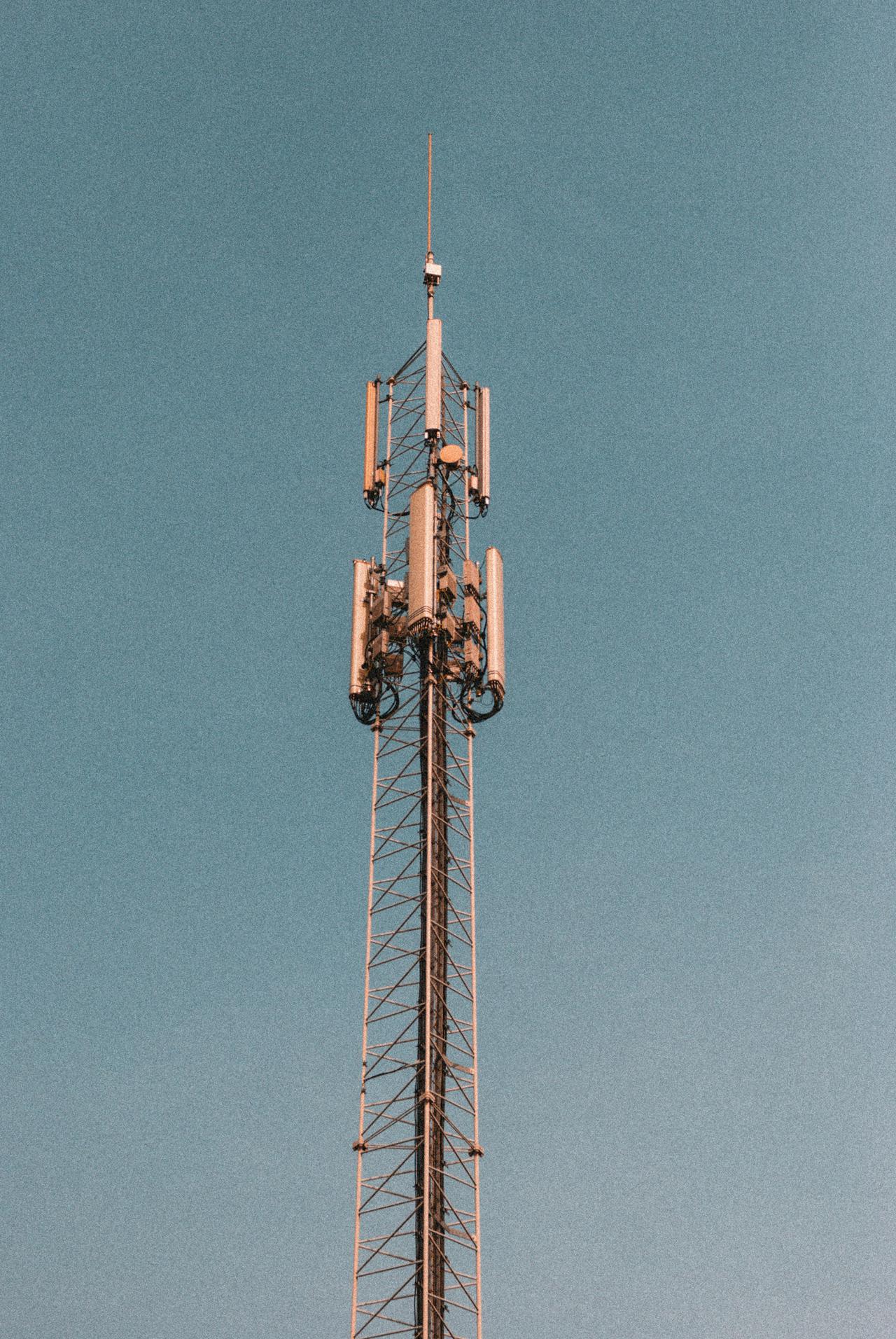Are you curious about the differences between 5G and 4G technology?
In this blog post, we will discuss the key disparities between these two generations of cellular technology. As we delve deeper into the details, we will explore the speed and bandwidth comparison, as well as the applications and future implications of 5G and 4G technology.
5G technology is the latest generation of wireless connectivity, offering faster speeds and more reliable connections than its predecessor, 4G. While 4G technology has been the standard for mobile communication for the past decade, 5G is set to revolutionize the way we use and interact with wireless devices. With the promise of lower latency and higher capacity, 5G technology is poised to support a wide range of new applications and services, from smart cities to augmented reality.
4G technology, on the other hand, has been the backbone of mobile communication for years, providing faster speeds and more reliable connections than its predecessor, 3G. While 4G has facilitated the growth of mobile internet and enabled new services such as video streaming and online gaming, it has limitations when it comes to supporting the increasing demand for data and the emerging technologies of the future. This is where 5G technology comes in, promising to offer significantly faster speeds and greater capacity, making it the next step in the evolution of wireless connectivity.
When comparing the speed and bandwidth of 5G and 4G technology, it becomes evident that 5G surpasses its predecessor by a significant margin. 5G technology has the potential to deliver speeds that are 10 to 100 times faster than 4G, making it capable of handling more data at a faster rate. This enhanced speed and bandwidth are attributed to the use of higher-frequency radio waves and the implementation of advanced antenna technology, allowing for greater data transmission capabilities.
Furthermore, the increased bandwidth of 5G technology means that it can support a higher number of connected devices simultaneously without sacrificing speed. This is a crucial advantage over 4G, as it enables a more seamless and efficient connectivity experience, particularly in densely populated areas where network congestion is common. As a result, the superior speed and bandwidth of 5G technology open up possibilities for a wide range of new applications and services that were previously not feasible with 4G.
5G technology opens up a world of possibilities when it comes to application and future implications. With its significantly faster speeds and lower latency, 5G is poised to revolutionize industries such as healthcare, transportation, and entertainment. For example, in healthcare, 5G can enable real-time remote surgery and telemedicine services, while in transportation, it can power autonomous vehicles and improve traffic management systems. Furthermore, the increased bandwidth and connectivity of 5G could lead to the widespread adoption of augmented reality (AR) and virtual reality (VR) applications, transforming the way we interact with digital content.
On the other hand, 4G technology, while still widely used, is limited in its application and future implications compared to 5G. Its slower speeds and higher latency make it less suitable for advanced technologies such as autonomous vehicles and real-time healthcare services. However, 4G still plays a crucial role in providing connectivity to a large portion of the population and will continue to be relevant as 5G networks are gradually rolled out. Its widespread coverage and reliability make it an important technology for industries such as e-commerce, social media, and general communication.
At Doha Inc., we understand the importance of staying at the forefront of technology. That's why we offer a range of 5G laptops that are designed to provide our customers with the ultimate computing experience.
We take pride in our commitment to delivering the latest technology to our customers. Reach out to us today to get started with 5G technology through our subscription-based services!
